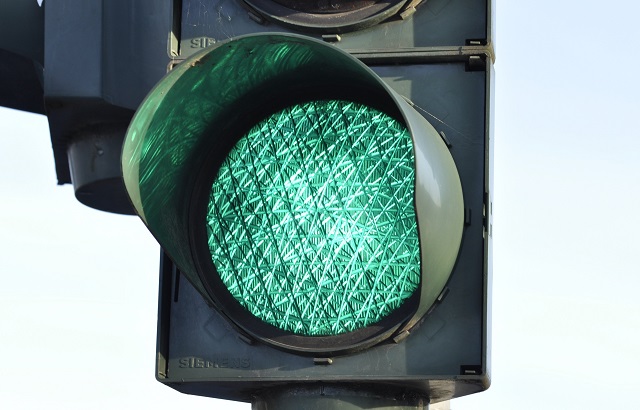The House of Commons has rejected a proposal from the Lords to retain the pensions triple lock model for the 2022-23 financial year.
The UK government first took the decision following an anomaly in average earning growth figures after the lockdowns, which surged to more than 8%.
Under the system, pensions are increased every year by inflation, average earnings or 2.5%, whichever is highest, but the unusual earnings figure could have cost the Treasury billions.
As a result, the government decided to suspend the triple lock for the next financial year, and replace it with a ‘double lock’ which takes the earnings component out, meaning that British pensioners will receive a 3.1% boost instead.
This will see the basic state pension increase by £4.25 a week to £141.85, and the flat-rate state pension by £5.55 to £185.15 a week.
Such a move is expected to save the chancellor around £5bn ($6.7bn, €5.8bn) a year.
Some worry, however, that the increase may not be enough to keep up with rising inflation which is forecast to hit 4% and reduce retirees’ spending power as a result.
‘Reliable alternative’ not possible
Tom Selby, head of retirement policy at AJ Bell, said: “The decision to row back on a clear manifesto commitment that hits pensioners in the pocket will not have been taken lightly by the chancellor and the prime minister, so it is no surprise to see the government standing firm in the face of opposition from the House of Lords.
“The fact inflation is expected to run hot over the next 12 months has added fuel to the fire, with next year’s planned 3.1% rise in the state pension likely to feel like a real term cut if prices increase by 4% or more.
“The Lords want the government to retain the earnings element of the triple-lock but explore using an alternative measure that flattens the post-lockdown spike we have seen in 2021.
“Some have argued this could involve stripping out the impact of covid on wages or using a smoothed earnings measure rather than the figure for the three months to July, when average earnings jumped by an eye-watering 8.3% as the UK economy opened up.
“However, pensions minister Guy Opperman said it would not be possible to produce a reliable alternative earnings measure.
“What’s more, even a small extra increase in next year’s planned state pension would leave the chancellor with a sizeable hole in his spending plans. Every 1 percentage point increase in the state pension adds around £900m to its cost – money which would likely have to be found from elsewhere.”








